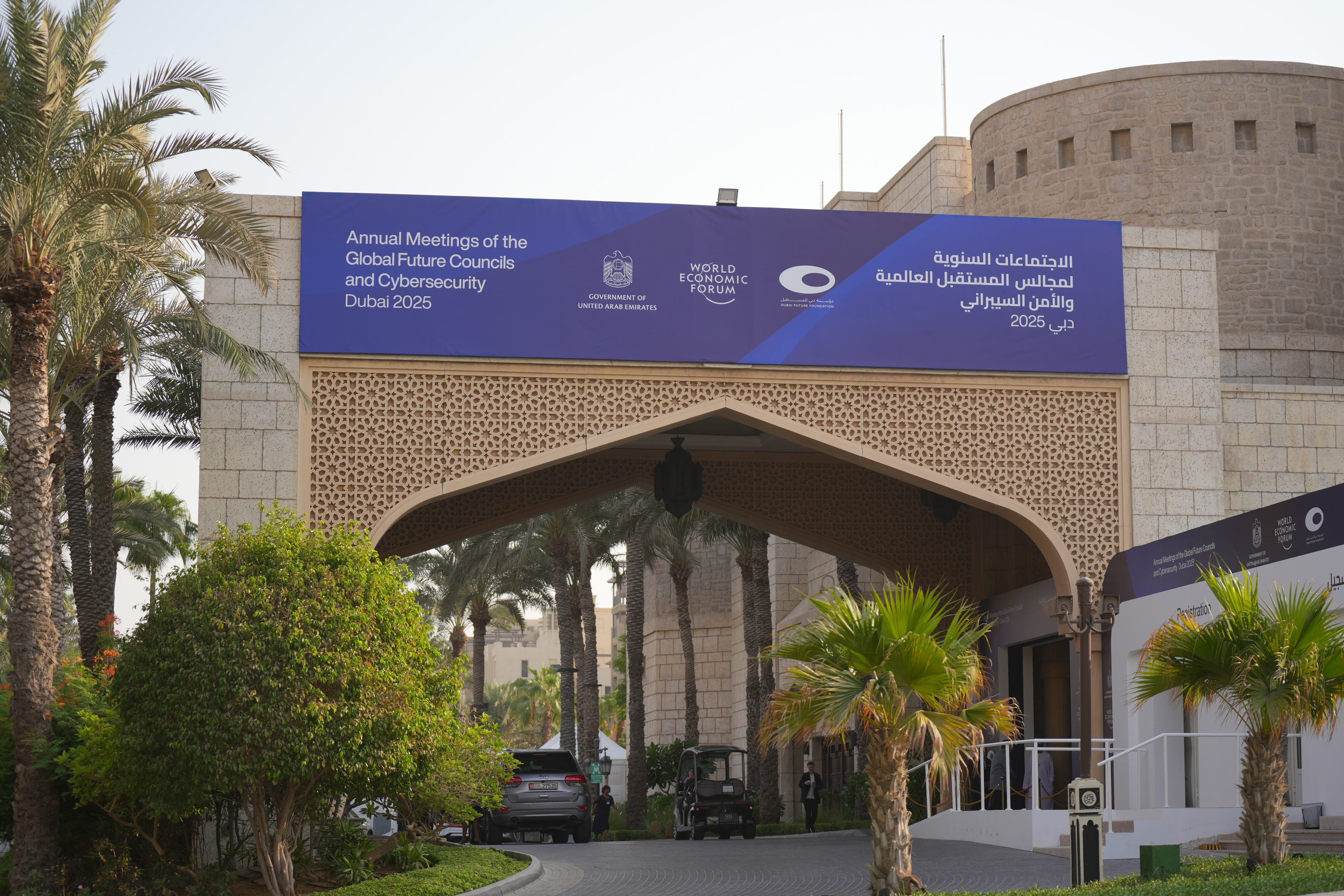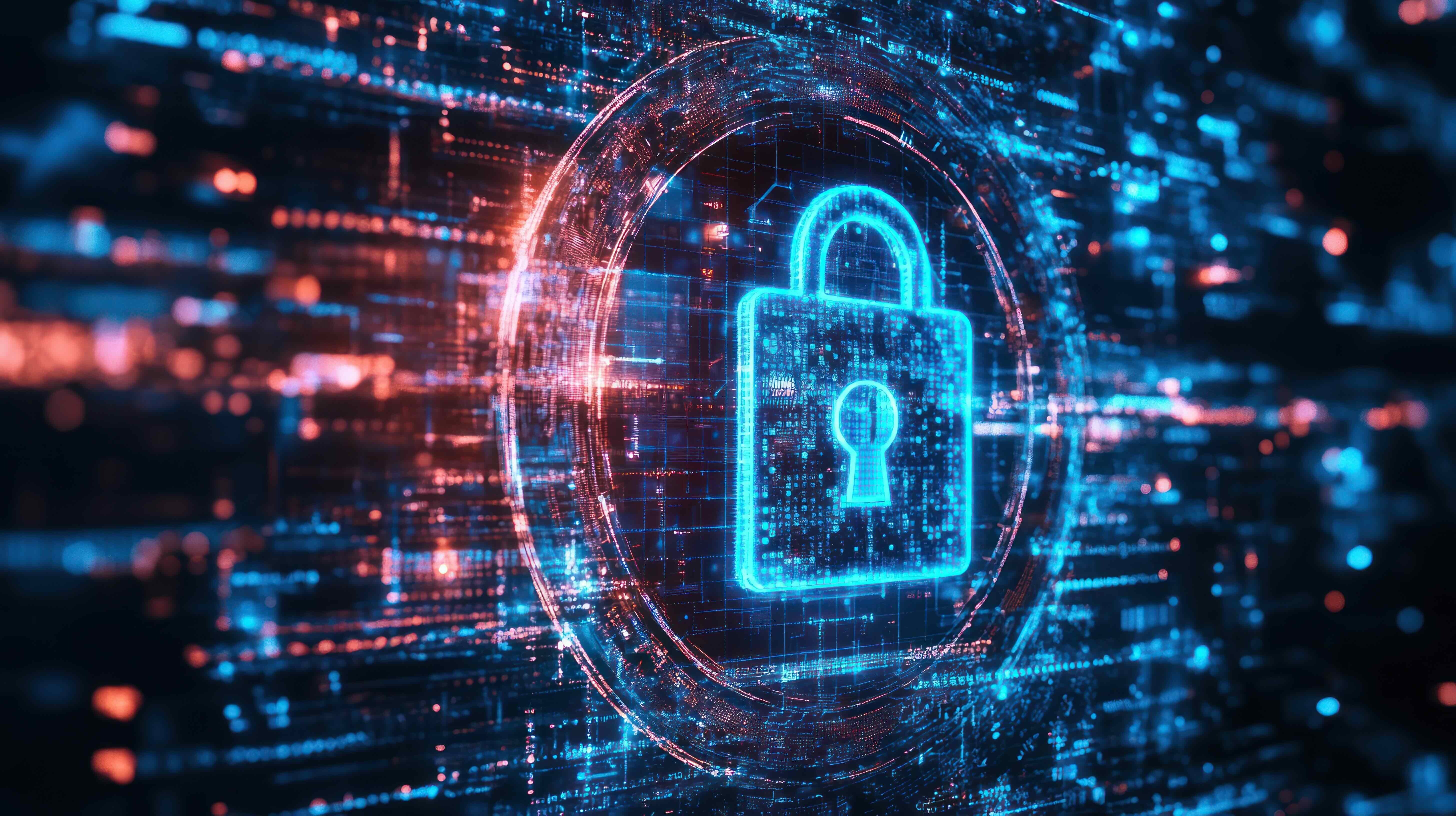Nearly half of businesses are being hit by economic crime, with cybercrime the gravest threat. What can they do about it?

Cybercrime is the biggest fraud threat facing most businesses today. Image: Unsplash/Jefferson Santos
Listen to the article
- Almost half of organizations say they have suffered from fraud or economic crimes in the past two years.
- Cybercrime is seen as posing the biggest threat, according to a new survey by PwC.
- Hackers and organized crime groups are becoming increasingly sophisticated, and businesses need new tools to help them cope, the report says.
More and more people around the world pay for goods and services online. The convenience of shopping by phone or other devices is obvious, but what about the potential downsides?
Scams and online payment fraud cost consumers around the world hundreds of billions of dollars a year, as criminals continue to exploit vulnerabilities in online commerce.
But it’s not only shoppers that are paying the price. Cybercrime is the biggest fraud threat facing most businesses today, according to professional services firm PwC’s Global Economic Crime and Fraud Survey 2022, which collected the views of almost 1,300 executives across 53 countries and regions.
Overall, almost half of organizations have suffered some kind of fraud, corruption or other economic crime in the past two years, the report says.
Fraudsters exploiting new digital platforms
The rise of digital platforms and e-commerce “opens the door to myriad fraud and other economic crime risks that most companies are just beginning to appreciate”, the report says.
Four in 10 of the businesses surveyed that have experienced fraud in the past two years said it was connected to the digital platforms they rely on.
Hackers and organized cybercrime groups are among the biggest external threats companies face, according to the survey. About 31% of external fraud cases were committed by hackers, with 28% carried out by organized crime groups – substantial rises from 2020.

Organized crime groups are also becoming more professional, even implementing incentives and bonus structures, the report says. And fraudsters are collaborating for cybercrime more often, leading not just to a rise in the number of attacks, but also to more sophisticated ones.
“Thanks to chat rooms, the dark web and cryptocurrency, specialists in data breach, false ID creation, attack methodology and other nuanced areas can connect, coordinate and transact within a growing criminal economy,” the authors write.
Businesses face fraud from inside and out
The most disruptive cybercrime incidents came from external attacks or collusion between external and internal actors, according to 70% of organizations that have experienced fraud. And external fraudsters no longer appear to be deterred by traditional fraud prevention tools, such as investigations and codes of conduct, the report says.
PwC has also detected a rising trend of people joining fraudster groups. This is particularly widespread in poorer countries, where fewer legitimate economic opportunities tend to be available, it says.
One in five organizations also see supply chain fraud as an area of increased risk following the disruption caused by COVID-19. However, few are aware of fraud and misconduct risks in this area, making it a weak spot that criminals could exploit, the report says.
New tools to fight cybercrime
Companies say they are taking more precautions to prevent and detect fraud, but PwC says the shifting landscape means that fighting economic crime now requires a different set of tools.
How is the Forum tackling global cybersecurity challenges?
Protecting the “perimeter” of a business is essential to stop criminals exploiting any cracks, the report says, and highlights three things that organizations need to do:
1. Understand every aspect of customer-facing products: Identify where opportunities exist for fraudsters and explore how they could carry out any attacks. This will help in coming up with a solution.
2. Balance user experience and fraud controls: Using anti-fraud technology and having a strategy and processes in place to tackle cybercrime can help make customers both happy and safe when shopping online.
3. Track data: Signals of potential fraud come from many sources. Channelling these indicators through a centralized platform can help generate alerts about potential attacks.
The World Economic Forum says illicit proceeds from criminal activity are estimated to account for 2-5% of global GDP, or $2 trillion. The Forum is a member of the Global Coalition to Fight Financial Crime, a public-private group that aims to enhance the fight against financial crime and assist governments in identifying and seizing the assets of criminals.
Don't miss any update on this topic
Create a free account and access your personalized content collection with our latest publications and analyses.
License and Republishing
World Economic Forum articles may be republished in accordance with the Creative Commons Attribution-NonCommercial-NoDerivatives 4.0 International Public License, and in accordance with our Terms of Use.
The views expressed in this article are those of the author alone and not the World Economic Forum.
Stay up to date:
Illicit Economy
Related topics:
Forum Stories newsletter
Bringing you weekly curated insights and analysis on the global issues that matter.
More on CybersecuritySee all
Julie Iskow and Kim Huffman
November 11, 2025








